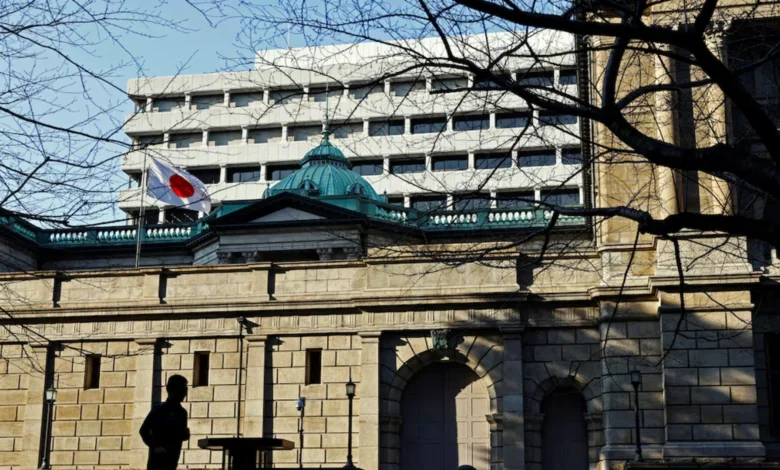Bank of Japan Warns of Economic Risks Due to U.S. Tariffs

On Thursday, policymakers at the Bank of Japan (BOJ) expressed growing concern about the impact of U.S. President Donald Trump’s tariffs. They warned that these tariffs could harm consumer confidence and negatively affect Japan’s fragile economy.
This warning came as Japan began trade talks with the United States in Washington, led by negotiator Ryosei Akazawa. Akazawa mentioned that the talks would not focus on the sensitive issue of exchange rates.
During a speech in Japan’s parliament, BOJ Governor Kazuo Ueda explained that Trump’s tariffs could have several effects on Japan’s economy, including disruptions to trade and increased financial market volatility.
When the BOJ raised interest rates earlier in January, the U.S. economy was strong, and global financial markets were stable, Ueda noted. However, he pointed out that recently, uncertainty surrounding U.S. policies, especially tariffs, has dramatically increased.
“We will monitor the situation closely and assess its impact on Japan’s economy at every policy meeting,” Ueda stated.
The BOJ is currently facing a delicate situation. While real interest rates remain very low, the BOJ could raise interest rates further if the economy and inflation continue to follow the patterns they expect. However, Ueda stressed that policymakers must remain cautious because global trade policy uncertainty, including the tariffs, continues to rise.
While the tariffs pose a risk to Japan’s economic growth, Ueda also mentioned that rising food prices, especially for rice and other basic items, could drive up overall prices, leading to an increase in long-term inflation expectations.
BOJ board member Junko Nakagawa also spoke on Thursday, adding that the U.S. tariffs could hurt Japan’s economy not only by reducing exports but also by causing extreme market fluctuations. Nakagawa highlighted the risk of domestic inflation, noting that companies might raise prices and wages more than expected to cover rising costs, such as labor.
At the same time, the higher cost of living and ongoing uncertainty about Trump’s tariffs could damage consumer confidence and reduce spending, Nakagawa explained.
These concerns make it even more challenging for the BOJ as they prepare for their next meeting on April 30 to May 1, where they will revise their quarterly growth and inflation forecasts. Sources told Reuters that the BOJ is likely to lower its economic growth projections, given that Trump’s tariffs are increasing the risks to Japan’s already fragile, export-dependent recovery.
In recent years, the BOJ has moved away from its long-standing massive stimulus program, raising interest rates to 0.5% in January. The central bank had hoped Japan was close to sustainably reaching its 2% inflation target, but the current challenges have made it more difficult to achieve this goal.
